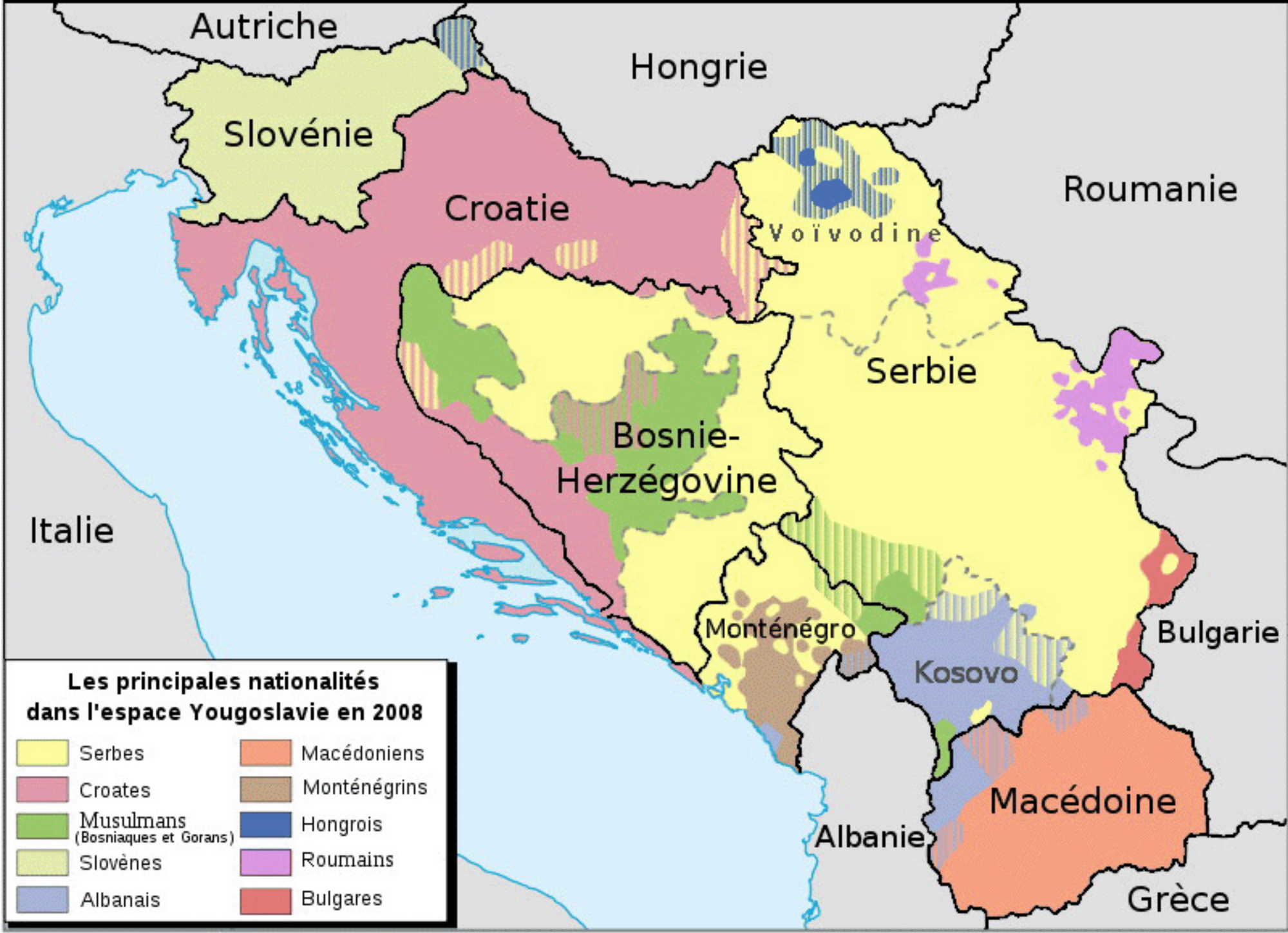Very interesting. I've had the impression that players often don't even know the score of a game. They seem unaware when a Technical Time Out arrives, etc. I once heard an announcer say, when a team was down by 9 points or so, "You don't play the score, you play the point". Makes sense.
From a player point of view I can definitely confirm this. I look at the scoreboard consciously maybe 3-4 times per set.



